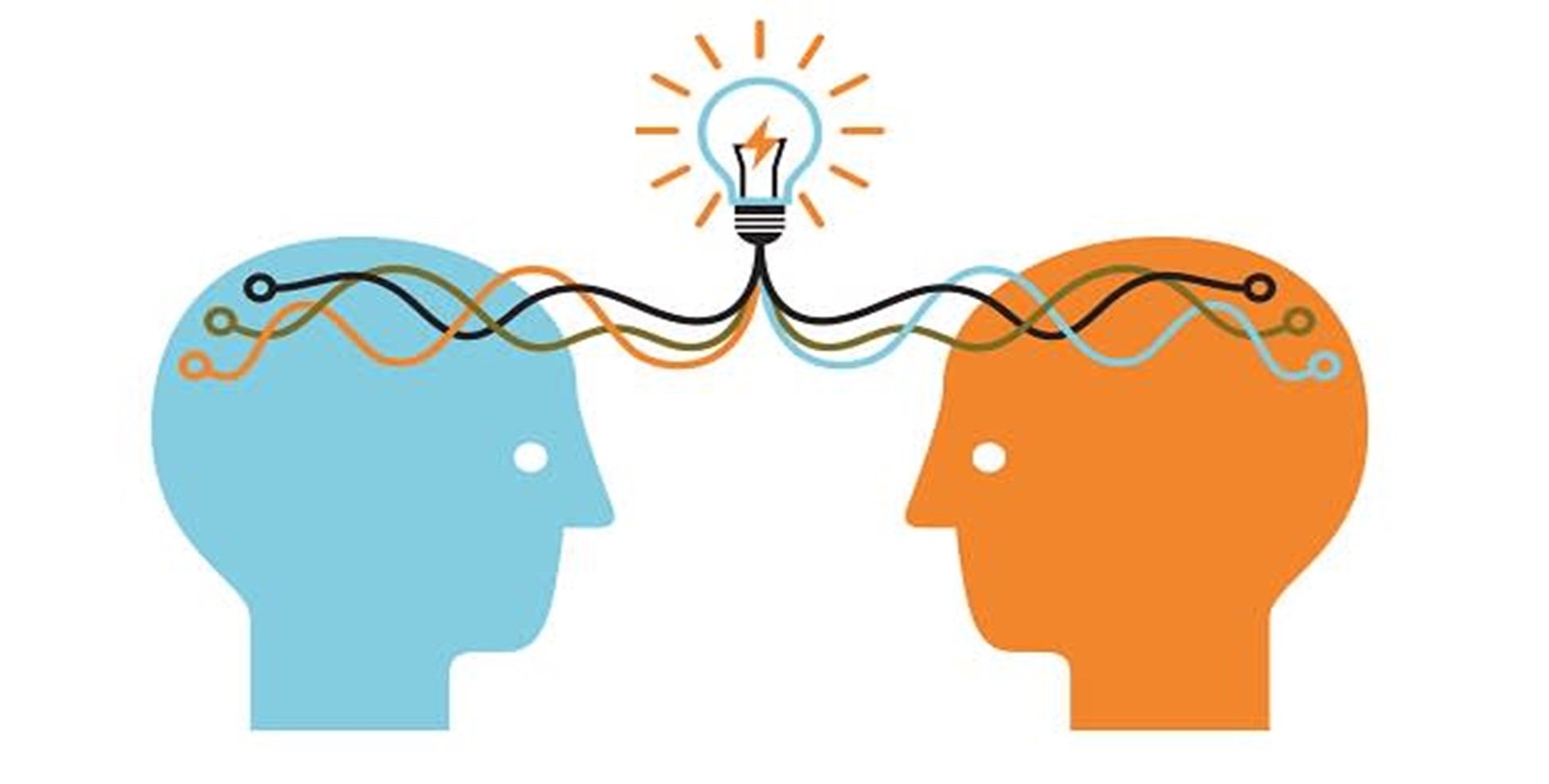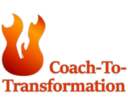

Whose fault is it anyways?
- Dec 14th 2020
Last week I was going for a meeting. I was driving in the 2nd lane from left. Early morning, there wasn’t much traffic. As I was reaching the traffic signal, there was a pedestrian on left side of the road trying to cross. He moved one lane across and stopped. Since I had to take a left, I thought in my mind why did he stop? I had to brake so that he could move forward and I could go my way. I looked at him with a frown before turning left.
As I pondered about this incident, a thought crossed my mind. Was he wrong to stop? Was I right in blaming him?
I am sure he was wondering, “what did I do wrong to deserve a frown? I was only trying to help by stopping”.
Whose fault was it?
Thinking further, I realized, it was nobody’s fault. The man stopping where he did was just an event. Whether that event was right or wrong depended on my interpretation of the situation. And this interpretation was based on my perspective.
Situation 1– I wanted to turn left. And hence the person stopping actually blocked my path. As a result I frowned at the person for not crossing the road.
Situation 2– If I had to go straight, his stopping would have rendered my path clear and I would not have to brake. In that case I would have thanked the pedestrian for stopping.
Same action could bring out two distinctly opposite reactions. The actions of this pedestrian had to do nothing with my response. It was dependent on where I was in that situation.
Isn’t the same true in our daily lives? We like people if their actions seem to be in sync with what we want. And we question the intentions of these very people if they don’t seem to be in agreement with our perspective. Is it the other person’s behavior or is it our interpretation of the behavior (based on how we look at the situation) that determines who is right or wrong?
The truth is “every behavior has a positive intention”. Every individual acts with a positive intent in mind. It’s only our perspective and our self interests which color that intention as good or bad. Accepting the fact that other person had a reason to behave in a particular manner, only makes it easy for us to accept things as they are and respond rather than react.
So the next time, if you feel like screaming at the pedestrian while driving or giving it back to the honking driver when you are crossing the road, pause and think – Whose fault is it, anyways?
The same analogy applies to out field of coaching. And keeping this example in mind can help one to be mindful and aware of the fact that it doesn’t matter what I think of the situation. It doesn’t matter if it appears simple, or clear or basic to me. What is important is how does the client feel it to be. How does it appear to the other person? This realization that another individual could be thinking from another perspective can help us to be present to him without getting prejudiced. And that’s when we can become a better coach.
Disclaimer
The views and opinions expressed in this blog are those of the authors and do not necessarily reflect the official policy or position of Coach-To-Transformation or its parent company.


Rajat Garg
Rajat is a Master Certified Coach (MCC) with over 18 years of industry experience and over 2500 hours of coaching experience, helping people and organizations attain maximum effectiveness. His background includes working with CXOs, senior managers, managers and board of directors of small private companies to multi-billion dollar publicly traded organizations.









0